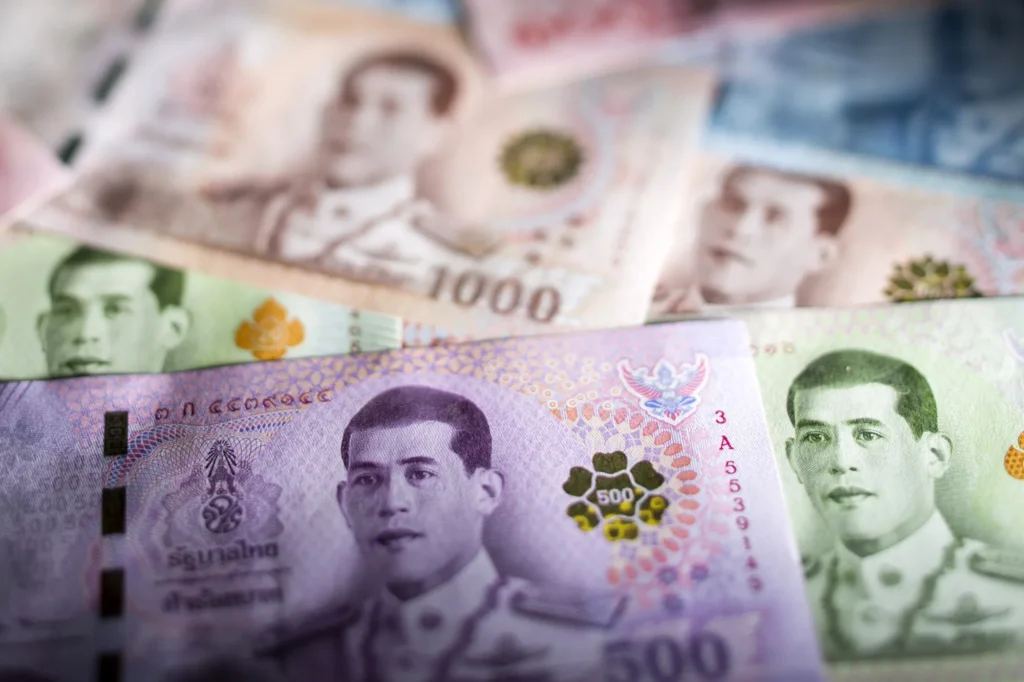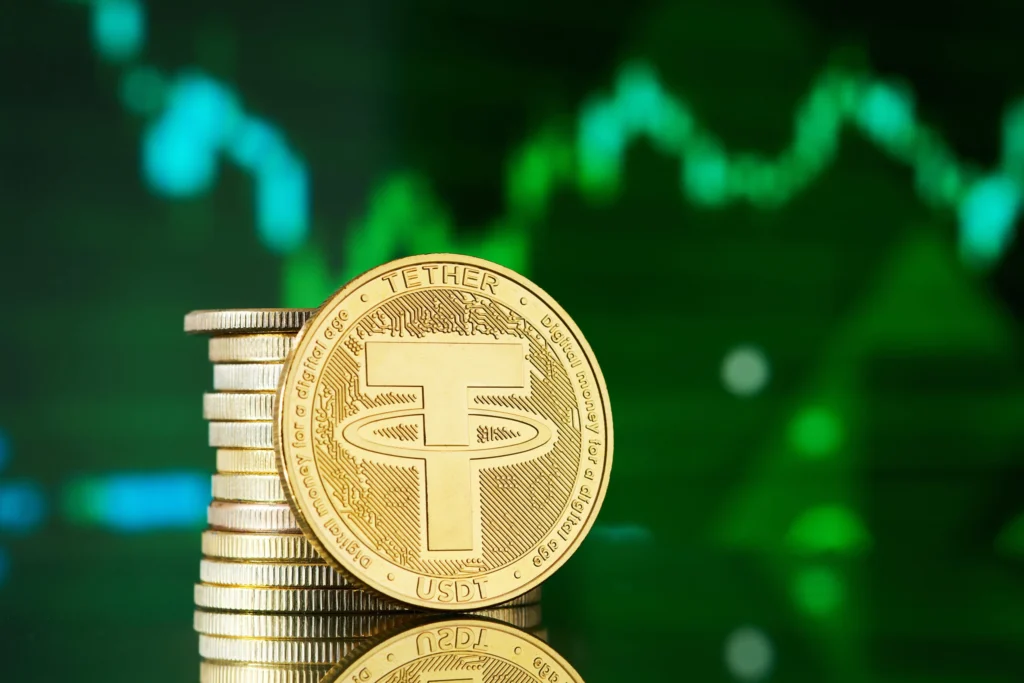How to Choose Between Binance and Bitkub in Thailand: A Step-by-Step Guide for 2025
If you’re trading crypto in Thailand this year, you’re probably stuck on the question: Should I go with Binance vs Bitkub Thailand? They’re both powerful platforms, but they serve very different purposes. This tutorial will help you compare each platform step-by-step so you can choose the one that fits your trading needs and lifestyle.
Step 1: Understand the Core Difference About Bitkub vs Binance Thailand
- Binance is a global exchange with deep liquidity and advanced tools.
- Bitkub is Thailand-based, licensed locally, and built with Thai users in mind.
Ask yourself: Do I need global market access, or do I want a local, regulated exchange with native support?
Step 2: Compare the Fee Structures About Bitkub vs Binance Thailand
| Platform | Trading Fee | Discount Options |
|---|---|---|
| Binance | 0.1% | Lower if using BNB |
| Bitkub | 0.25% flat | None |
If you’re planning to trade frequently or with high volume, Binance will save you more. But Bitkub’s flat rate is transparent and predictable for beginners.

Step 3: Check Local Deposit and Withdrawal Options About Bitkub vs Binance Thailand
- Bitkub supports direct transfers with Thai banks. You can deposit and withdraw baht quickly and reliably.
- Binance currently lacks direct THB integration due to regulation. You’ll need to use third-party services or P2P transactions.
For ease of moving fiat in and out of the exchange, Bitkub has the edge.

Step 4: Test the User Experience (UX)
- Bitkub: Easy-to-use interface, Thai language support, and local customer service.
- Binance: Feature-rich but can feel complex for beginners.
If you’re new to crypto, start with Bitkub. If you’re an advanced user comfortable with charts, staking, or margin trading, Binance will serve you better.

Step 5: Consider Regulation and Legal Standing
- Bitkub is fully licensed by Thailand’s SEC. This means more protection and compliance with Thai laws.
- Binance has no direct license in Thailand and operates through workarounds like Binance P2P or partners.
If legal clarity and peace of mind are top concerns, Bitkub is the safer bet.

Step 6: Evaluate the Token and Feature Range
| Feature | Binance | Bitkub |
|---|---|---|
| Coin Variety | 350+ coins | ~70 coins |
| Advanced Tools | Futures, Margin, DeFi | Spot trading only |
| Thai Tokens | Few | Includes JFIN, etc. |
Binance offers unmatched variety and innovation, but Bitkub covers the basics—enough for many Thai users.
Step 7: Try a Dual-Platform Strategy (Optional)
Many Thai users follow this workflow:
- Deposit baht into Bitkub
- Convert to USDT or BTC
- Transfer to Binance for further trading
This approach requires more steps but lets you take advantage of each platform’s strengths.

Credit from : Forkast
Step 8: Decide Based on Your Goals
Here’s a quick summary to help with your final decision:
| Priority | Best Platform |
|---|---|
| Low trading fees | Binance |
| Easy Thai bank transfers | Bitkub |
| Local language + support | Bitkub |
| Wide crypto selection | Binance |
| Regulation and licensing | Bitkub |
Final Thoughts
Choosing between Binance and Bitkub doesn’t have to be overwhelming. Follow the steps above and think about your personal preferences:
- Are you in this for long-term investing or short-term trading?
- Do you need Thai language support?
- Are regulatory protections important to you?
Once you’ve answered those questions, the best choice usually becomes clear. And remember: the most powerful platform is the one you feel confident using.




